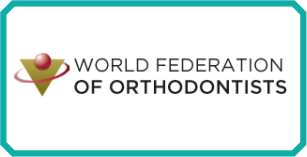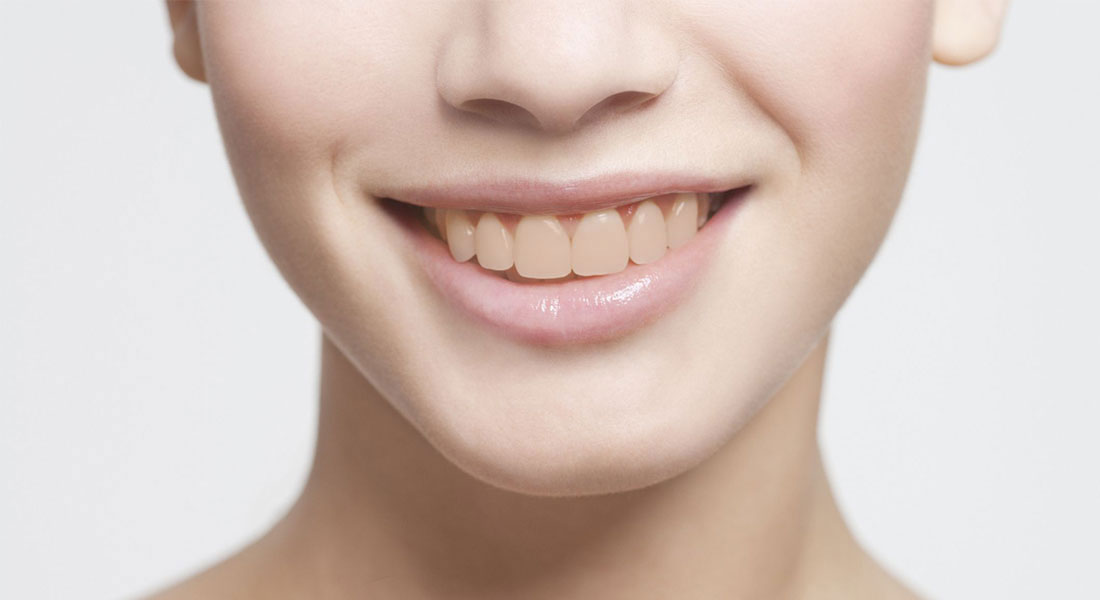Why Dr. Ahmad Sheibani Nia’s Office?
Best Dental Material
Work Experience
Clean Environment
High Satisfaction

The Best Orthodontist in Tehran
Dr. Sheibani Nia was graduated from Shahid Beheshti University of Medical sciences (Tehran) with a DDS degree in 1985, Master of Orthodontics MSc, Board Certified (1998), and 3-year Fellowship of Ortho- surgery (2014). He was a faculty member of the Dental school of Tehran University of Medical Sciences between the years of 1988-1994. Dr. Sheibani Nia has been working in Orthodontic Department at dental school of Azad University (Tehran) since 22 years ago with degrees of Instructor, Assistant Professor and Associate Professor. He has been teaching at this University in both levels of undergraduate and postgraduate…
Services of Orthodontics
Before and After Images of Orthodontics
- Malocclusion CL I
- Skeletal CL I
- Dental CL II
- Skeletal CL ll
- Skeletal CL Ill
The American Dental Association considers the best time for dental examinations to be 7 years old and the best time to start orthodontics after diagnosis, depending on the needs of 8-9 years old, because at this age the range of growth and dental eruptions can be detected. The shape of the teeth or even their health is diagnosed at the best time.
At this age, due to the beginning of the eruption of the molars, the dentist has the ability to evaluate the condition and formation of the teeth and can easily identify where the upper and lower jaws will be in relation to being back and forth.
Treatment time depends on the type of malocclusion, the severity of the problem. If the patient is younger, treatment will be easier, shorter and more successful. In patients with orthognatic problems, the patient must be examined before puberty. 9 years old is usually the best time for boys and 8 years old for girls. But depending on the type of malocclusion, it can be done earlier. In other words, in some cases, treatment should be started even earlier than 8-9 years old, which is determined by the type of malocclusion.
The duration of treatment depends on the type and severity of the dentofacial problems, the patient’s age, and his cooperation with the orthodontist.
The average duration of orthodontic treatment is about 2 years and in some cases the treatment may take up to several years and on average patients are examined every 4 to 6 weeks.
Orthodontic appliances are not just for children, but can be used at any age, provided the dental and periodontal are healthy. If the patient has an orthognatic problem, it is better to start treatment before puberty, and if the patient presents with an orthognatic problem after puberty, he will need both orthodontics and surgery. If the patient has a dental malocclusion, as long as there are no periodontal problems, fixed orthodontic treatment can be performed at any time. However, it is still preferable for the patient to consult for dental malocclusions before puberty
Recent Posts

















